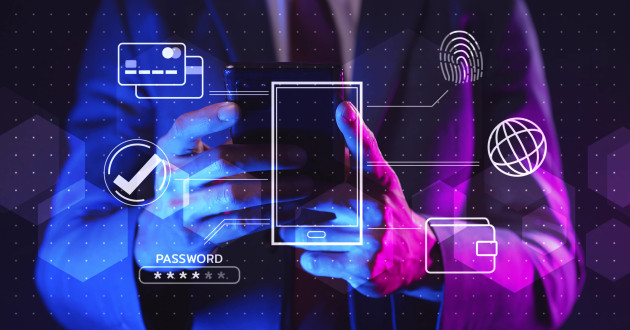
The shift to remote work has brought about numerous benefits for businesses and employees, such as increased flexibility and reduced commuting time. However, it has also introduced new challenges, particularly in the realm of cyber security. Ensuring the safety of sensitive information and protecting against cyber threats are paramount in a remote work environment.
Implement Strong Password Policies
One of the simplest yet most effective ways to enhance cyber security is by enforcing strong password policies. Employees should use complex passwords that include a mix of letters, numbers, and special characters. Implementing multi-factor authentication (MFA) adds an extra layer of security, requiring a second form of verification in addition to the password.
Keep Software and Systems Updated
Regularly updating software and systems is crucial for protecting against vulnerabilities that cybercriminals can exploit. This includes operating systems, antivirus programs, web browsers, and any other applications employees use for work. Automatic updates should be enabled wherever possible to ensure that the latest security patches are applied without delay.
Conduct Cyber Security Training
Employee awareness is a critical component of cyber security. Regular training sessions should be conducted to educate employees about the latest cyber threats, such as phishing scams and malware attacks. Training should also cover best practices for maintaining security, including recognizing suspicious emails, avoiding clicking on unknown links, and reporting potential security incidents promptly.

Secure Home Wi-Fi Networks
Many remote employees use their home Wi-Fi networks, which may not be as secure as corporate networks. Employees should be encouraged to secure their home networks by changing default router passwords, using WPA3 encryption, and ensuring that their router firmware is up to date.
Use Endpoint Security Solutions
Endpoint security solutions, such as antivirus software and firewalls, are essential for protecting individual devices from cyber threats. These solutions can detect and block malware, prevent unauthorized access, and monitor for suspicious activity. Companies should ensure that all remote work devices are equipped with robust endpoint security tools.
Establish a Remote Work Security Policy
A comprehensive remote work security policy provides clear guidelines and expectations for employees regarding cyber security. This policy should cover acceptable use of company resources, data handling procedures, incident reporting protocols, and consequences for policy violations. Having a well-defined policy helps ensure that all employees are on the same page when it comes to maintaining security.
Enhancing cyber security in remote work environments requires a multi-faceted approach that combines technology, policies, and employee education. As remote work continues to be a prevalent model, prioritizing cyber security is essential for protecting sensitive information and maintaining business continuity.






